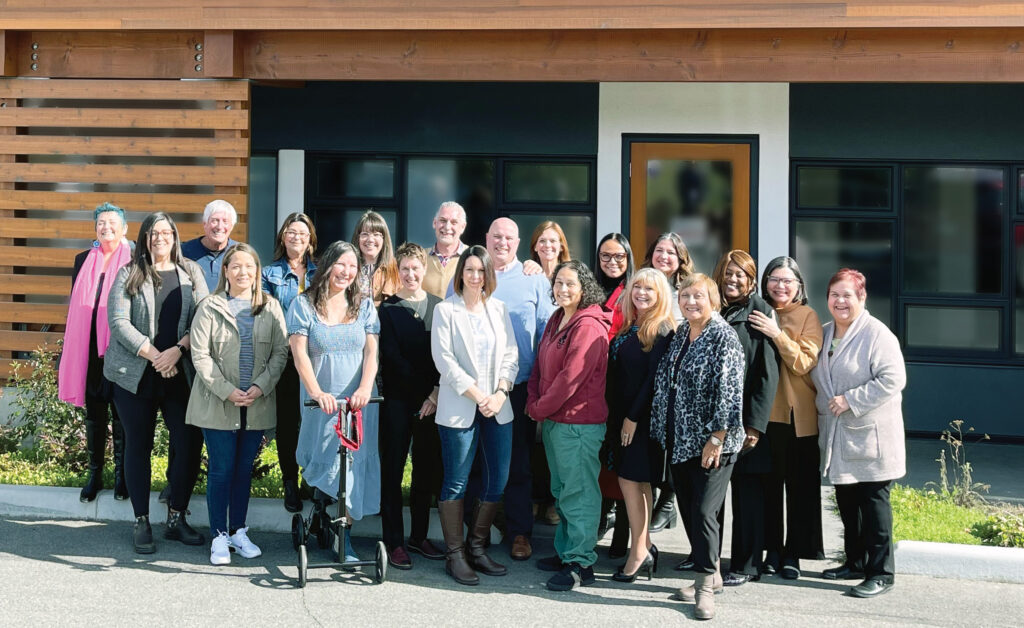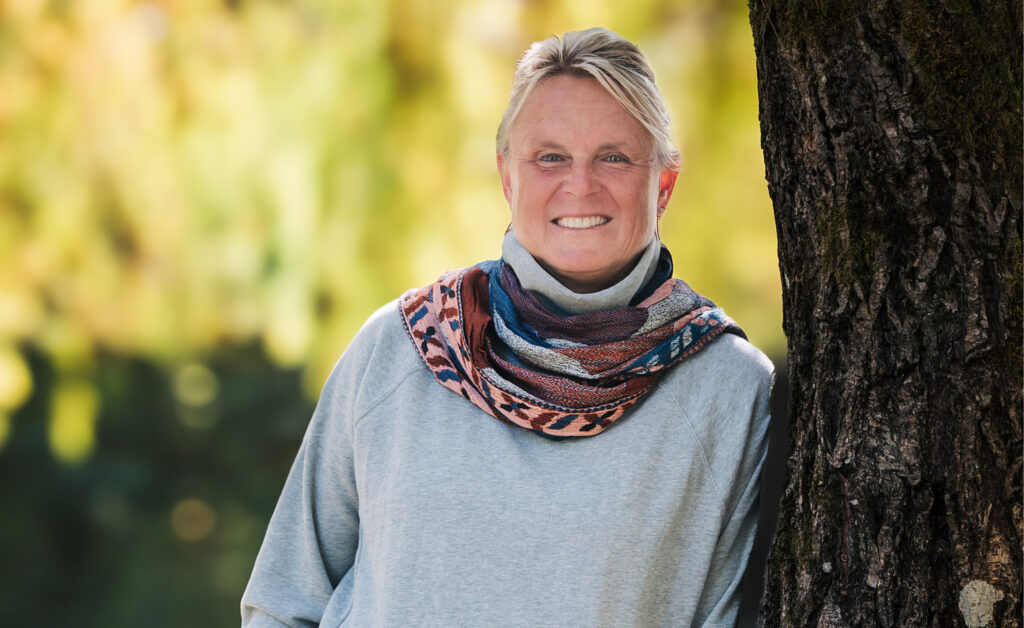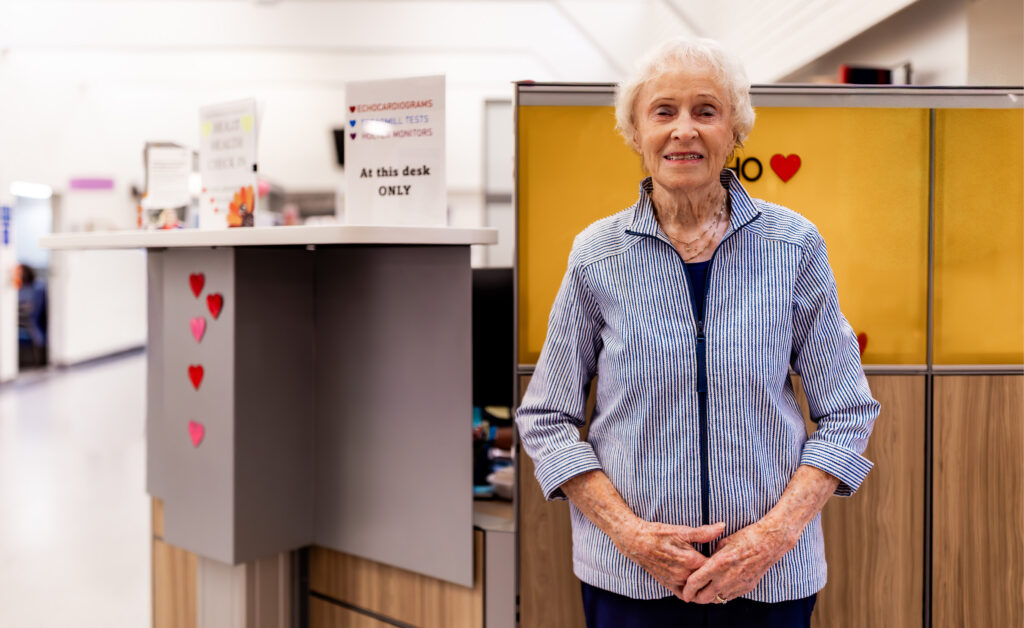by Katharina Stocker | photo courtesy NIȽ TU,O Child & Family Services –
NIȽ TU,O hosted the spring gathering of the 24 Delegated Aboriginal Agencies in B.C. in early March.
Indigenous children are overrepresented in Canada’s foster care system, a result of the devastating effects of colonization. While only 7.7.% of youth under 14 are Indigenous, Indigenous youth make up 53.8% of the population of children under 14 who are living in foster care.
To reduce the number of Indigenous youth in care and “return historic responsibilities for child protection and family support to Indigenous communities,” the Ministry of Children and Family Development delegates care of Indigenous children to Indigenous agencies. These agencies are called Delegated Aboriginal Agencies (DAA). DAA’s provide culturally appropriate care to Indigenous youth who would otherwise be removed from community and subject to settler care systems.
NIȽ TU,O is one of 24 DAA’s in B.C., including urban, on-reserve and Métis agencies. The agencies have varying levels of delegated responsibility. Three of the 24 “provide voluntary services and recruit and approve foster homes; seven have the additional delegation necessary to provide guardianship services for children and youth in continuing care; and 14 have the delegation required to provide, in addition to the above, full child protection, including the authority to investigate reports and remove children.” NIȽ TU,O “offer voluntary and guardianship services and … recruit, train and support caregivers.”
Directors from all agencies are invited to attend quarterly forums to discuss their shared mandate. At the October forum, attendees gathered in Kamloops and met in the new offices of the Secwepemc Child and Family Services who, like NIL TU,O, provide services to seven communities in their territory.
The forums are opportunities for directors to influence government legislation, policy and funding decisions to create better outcomes for Indigenous youth. In this moment in history, the potential for positive change is high.
In the words of Directors Forum chair Mary Teegee: “We are now at a crossroads where the United Nations Declaration on the Rights of Indigenous People, the Truth and Reconciliation Commission’s Call to Action, the Missing and Murdered Indigenous Women and Girls Calls to Justice, and the Canadian Human Rights Tribunal are all pointing to the need for the reform of child and family services to Indigenous children, youth, families and communities.” Teegee continues: “Legislative advancements with An Act Respecting First Nation, Inuit and Métis children, youth and families and with the amendments to the Child, Family, and Community Service Act provide the opportunity to breathe life into declarations, review recommendations, and calls to action/ justice.”
The forum hosted by NIȽ TU,O spanned four days and included a meeting of the Executive of the DAA’s Directors Forum and Partnership meetings with the Feds and Province.
NIȽ TU,O showcased the beautiful land of the Coast Salish people, shared the positive work being done in the community, and had community members share stories and songs.




